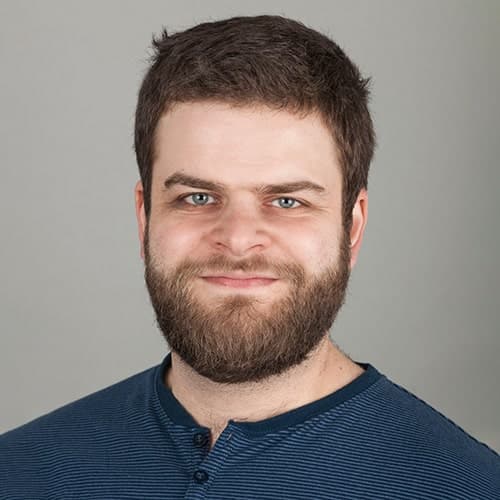NEW IDEAS IN COMPLEXITY SCIENCE
On May 24th, 2018, the First External Faculty Meeting of the Hub started with a public conference.
In short talks complexity scientists from all around globe shared their visions on the question “Complexity: Where do we go from here?”
What are the open, the most pressing, the most promising questions to an understanding of complexity and Big Data?
Find the talks of all conference participants (in order of appearance) on our Youtube channel in the playlist of the conference.
An overview with photographs of the event and links to all available slides can be found here.
DAVID GARCIA
“CREATE A COMPUTER MODEL FOR HUMAN BEHAVIOR, WITHOUT ETHICAL CONSTRAINTS”
David Garcia is a faculty member of the Complexity Science Hub Vienna. In his research he focuses on computational social science, designing models and analysing human behavior through digital traces.
The digital society, David starts, that is, the society we now live in, with its many interactions carried out through ICT, has changed our lives. But how has this affected our emotions and wellbeing? David believes that complexity science can help to answer this question, in ways that traditional psychology cannot.
“Psychology, for the last century, has been constrained by the experimental situation, where you take a few subjects, experiment with certain conditions, and see how they behave,” says David.
While the results may be useful, the experiments can create conditions that have little to do with real life. People are not particles, so there are ethical considerations. And because experiments are not large-scale it is difficult to observe collective human behavior.
Imagine instead, David continues, creating a computer model for human behavior, without the scale or ethical constraints. David is doing just that with computational social science, using machines to understand how the digital society affects emotions and wellbeing. Computational social science can also help to understand the risks of the digital society, such as new types of cyber crime.
David likens the shift to a digital society to when humans first moved into cities. At first, they had no idea how to live together well in large numbers, and they had to create new systems and infrastructure to do so. “With online communities, it is the same,” David says.
With his research, he seeks to understand machine intelligence and behavior on its own terms, he says, using principles from psychology and social science in the same way as human experiments, to better understand the behavior of large groups.
In a similar way, David can imagine to experiment with machines: to get a clue why complex algorithms and programs do what they do.
CLICK FOR DAVID’S SLIDES.
See the video in full lenght here:

